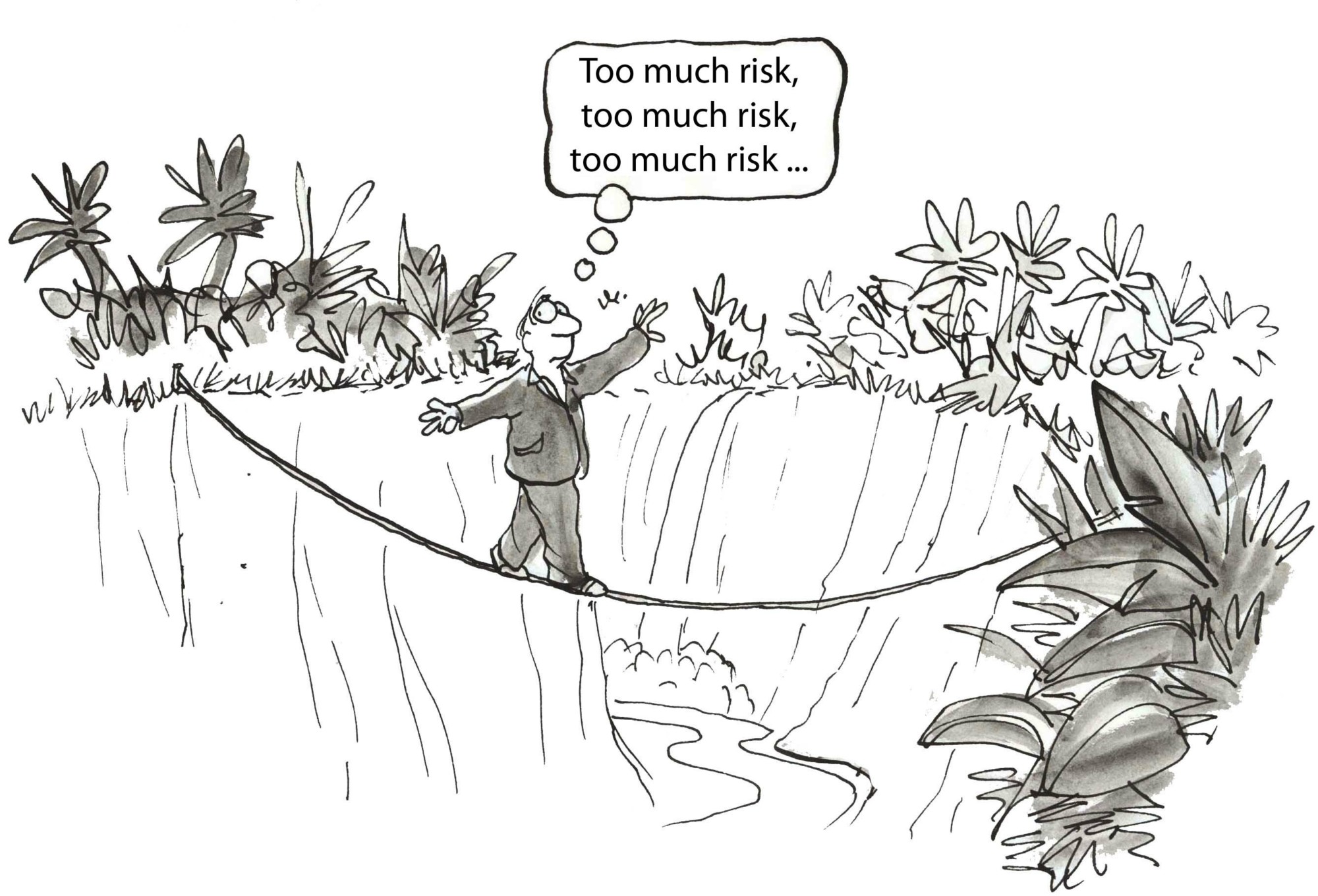Table of Contents Show
While it is maddening, there are times when negotiations have reached a standstill, and the smart move is to walk away. In New York City, you can back out before signing the contract and placing a downpayment. You risk angering the seller and their agent, but there are perfectly valid reasons when you should walk away from buying a home.
The monthly feesThe monthly fees
In New York City, your monthly costs can be much more than the principal and interest, which are hefty enough by themselves with the high real estate prices. Perhaps the particular building you are interested in imposes a more significant than usual amount. Alternatively, the building may have instituted a special assessment. You also have to consider common charges or maintenance fees. The higher-than-expected monthly cost may cause you to reassess your purchase when you factor these into your budget.
Then, it would help if you also considered real estate taxes. Once you have crunched the numbers, if it is higher than you are comfortable, walking away from the deal is a viable option.
Negotiations are too far apart.Negotiations are too far apart.
We have previously noted that New York City’s real estate market has slowed down from its torrid pace. Sometimes, the seller does not face a new reality despite receiving the best advice from their real estate agent, who apprises them of the situation. They are recollecting the high prices their neighbors received a few months ago.
You may put in a reasonable offer that reflects the current market conditions. However, the seller is not ready to accept it. You may receive a counteroffer that is well above your initial bid. In this case, you are likely too far apart to make a deal. Remember, rather than accepting a bad agreement, you can walk away. You must be comfortable with your price rather than regretting it later.
It would be best to heed some signs that your counterparty does not want to sell. For instance, you should question whether the seller is genuinely motivated to act after offering the asking price. Rather than waste any more of your time, you should move on.
Doubts creep inDoubts creep in
You may find that you are not emotionally or financially ready to buy a property. Perhaps your circumstances have changed. While some level of nervousness is natural, particularly for first-time buyers, you should walk away if it is beyond that level.
Buying a home involves a significant outlay, particularly in New York City. Therefore, you must feel secure about your purchase.
Too much renovationToo much renovation
You may want an apartment that needs work to get a discount on the price. You may have minor repairs and painting in mind, but you discover it needs significant renovations to bring the apartment to your liking.
It would be best to get multiple rough estimates for the work you want to be done, and the time it will take. Once you contemplate this cost and the time needed, you can end negotiations if it is more significant than you can take on.
Too much apartmentToo much apartment
You may realize that the home is too large for your needs. Bigger is not always better, of course. This is particularly true in New York City, with its high price per square foot. In the fourth quarter of 2018, the average condo price was $1.6 million ($2.5 million in Manhattan), and the mean co-op price was $766,000 ($1.2 million in Manhattan). You may take a pass once you realize the high price you will pay.
The inspectionThe inspection
You procure a home inspection to protect yourself. At the same time, you can renegotiate after the inspector presents their report, mainly if significant issues are uncovered. You can also choose to leave the deal.
If you dislike the seller’s response, it might best serve you by moving on to another property. You will not recover the inspection fee, of course. But, this is a small price to pay in light of the money you must expend to fix the problem.

